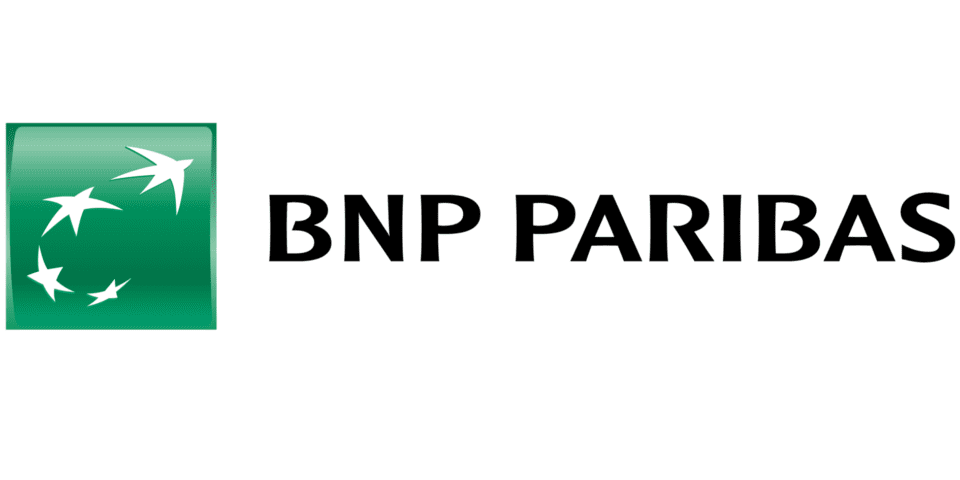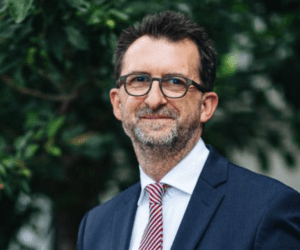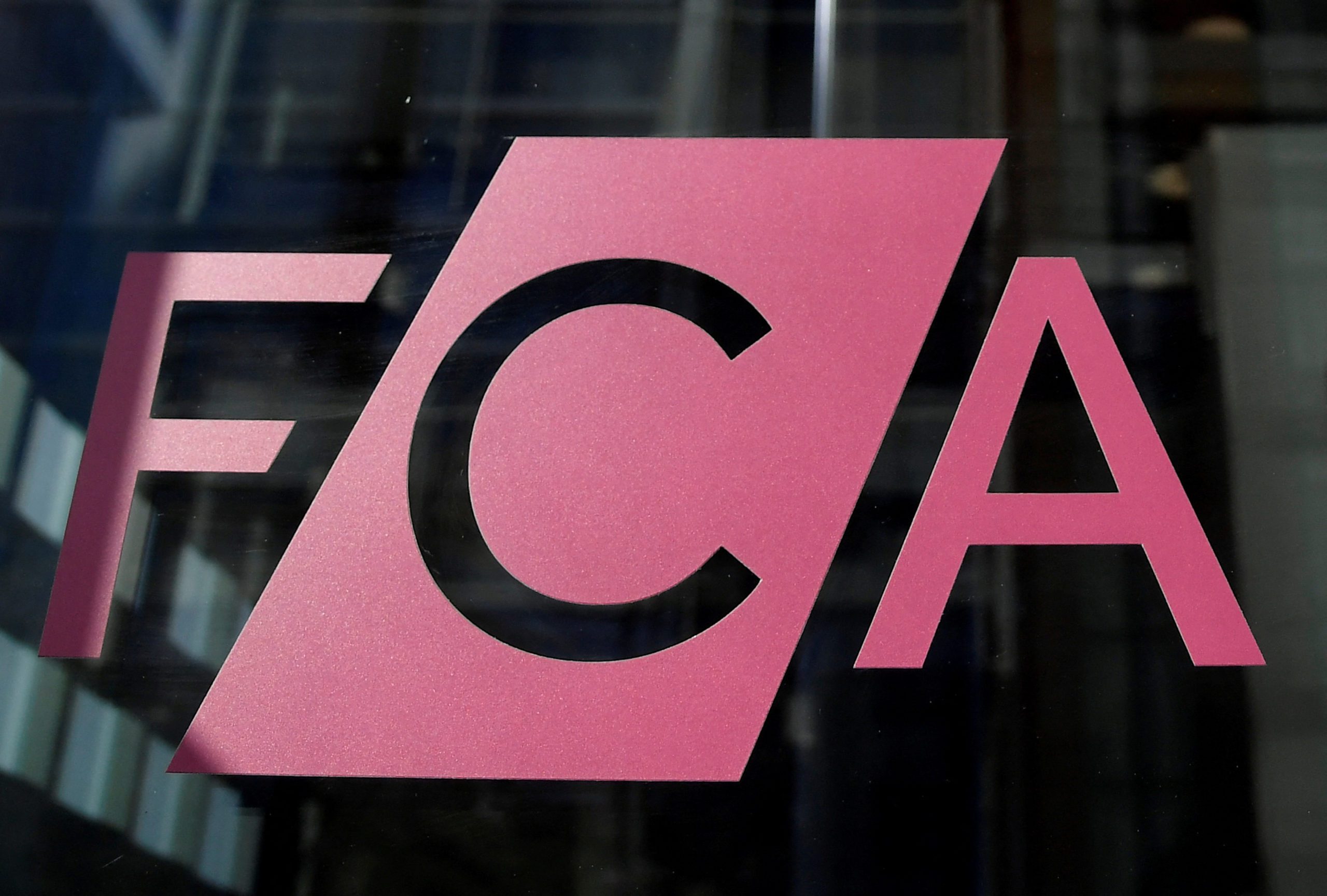By Dan Byrne
The world’s seventh largest bank is now the subject of an enquiry by French prosecutors amid claims of links to Sudanese conflict in the 2000s.
BNP Paribas, headquartered in Paris but with a presence in over 70 countries, is accused of “complicity in crimes against humanity,” AFP reported last week.
It has additionally been accused of involvement in financial crime, genocide and torture while it operated in Sudan from 2002 to 2008.
During this time, the organisation is alleged to have acted as the “de facto central bank” for the Sudanese government.
The 2000s saw the worst of a major conflict and humanitarian crisis in the country which has continued up until a peace agreement in August this year.
More than 300,000 Sudanese citizens, particularly in the area of Darfur, were killed, detained, tortured and forcefully displaced at the hands of government forces amid the far-reaching conflict, which began in 2003.
BNPP is now in the spotlight for its suspected involvement in these crimes. A judicial source confirmed to AFP that the investigation was opened on 26th August.
It began in response to criminal complaints from nine survivors of the conflict, made in September 2019 in conjunction with the International Federation of Human Rights (FIDH) and Project Expedite Justice.
FIDH labelled the complaint at the “first attempt to hold the bank criminally responsible for alleged complicity in international crimes committed in Sudan.”
BNPP has admitted to acting as Sudan’s foreign bank between 2002-2008, during which time they are accused of allowing the Sudanese government to access US financial markets, despite war-crime sanctions from the UN, EU and other individual nations.
A bank spokesperson told Le Monde that, “we do not have any information about this procedure, and we are therefore unable to comment.”
Previously, the bank was fined $8.9 billion by US authorities in 2014 for violating US sanctions against Sudan, as well as against Iran and Cuba.
No Sudanese victims benefitted from this compensation however, as the US congress directed the funds to help victims of domestic terrorism, FIDH said last year.
Share this on:
Follow us on:








